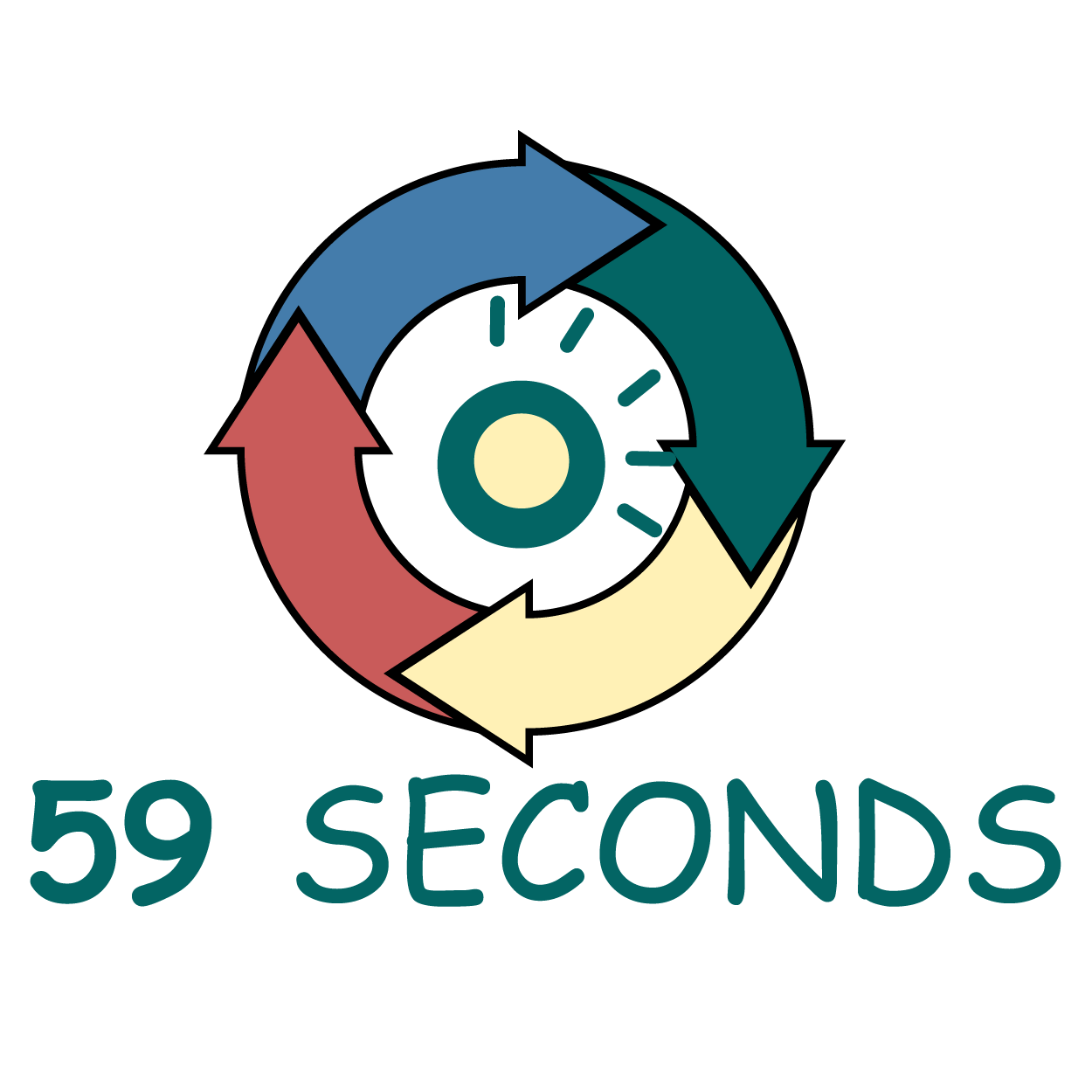Ideally, a task should not take more than a day to complete. If it would take a few days to finish, the task should be broken down further and be estimated again. Unlike user stories, which need team consensus for story point estimation, tasks can be estimated by the person who will be responsible.
As with deciding on the granularity of user stories, a Scrum team’s task estimation will improve over time as members get more familiar with the nature of their tasks. They might also find that there will be recurring tasks that they can anticipate every Sprint, as well as urgent tasks. With capacity planning, the Scrum team should be able to complete all of the necessary tasks for the iteration.
Tasks help Scrum teams know what needs to be done to complete user stories. For testers, that means being able to specify and inform the rest of the team on the testing tasks involved in the user stories. When it comes to creating tasks, a general rule of thumb is that one task should result to a deliverable unit of work and should be finished within a day. There are different ways to split and estimate tasks, but through inspecting and adapting in Sprint Retrospectives, team members will be able to come up with processes that will work for them better.
Recommended Further Reading
The following materials may assist you in order to get the most out of this course:
